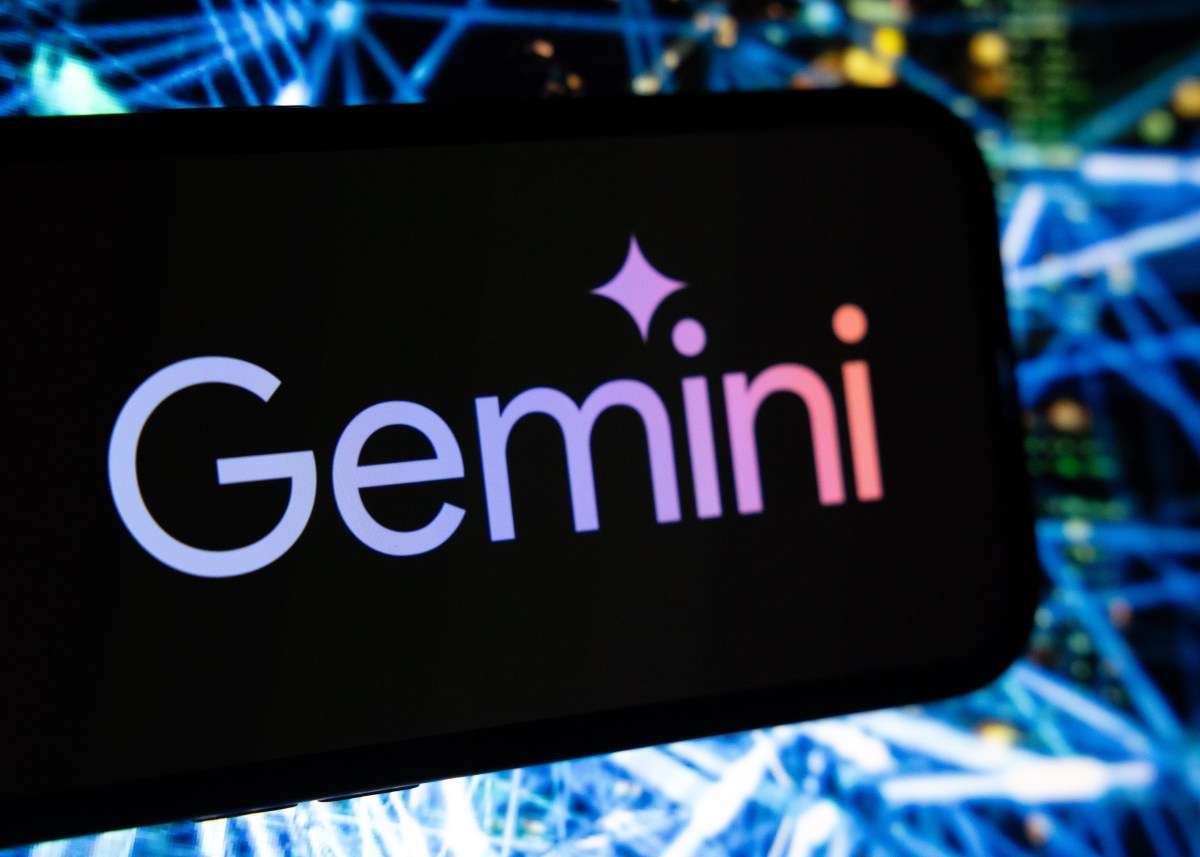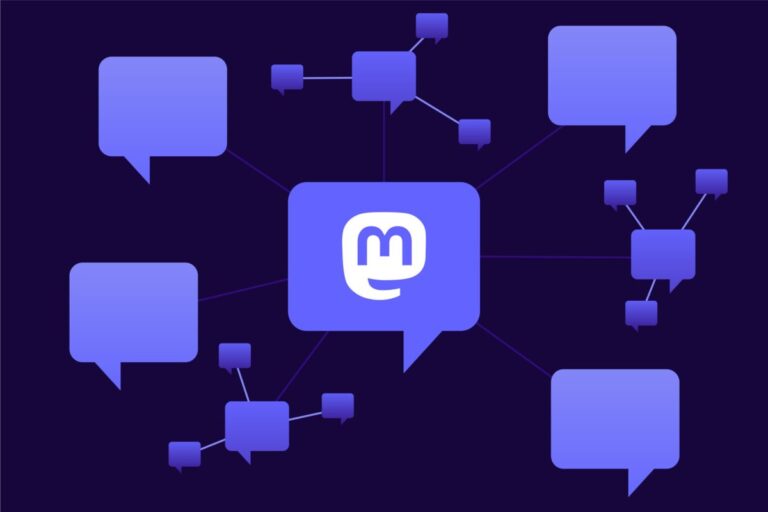Unlocking Personalization: How Google’s Gemini Aims to Understand You Like Never Before
In the competitive landscape of AI chatbots, Google’s latest innovation aims to enhance user engagement by delivering personalized content that resonates with individual internet habits. The company has recently unveiled Gemini with personalization, an experimental feature designed to tailor responses based on user activities and preferences across its vast ecosystem of services.
Gemini with Personalization: A New Era of Customized Responses
On Thursday, Google introduced Gemini with personalization, which allows the Gemini chatbot to leverage data from various Google applications to provide customized answers. According to Gemini product director Dave Citron, this feature is intended to make Gemini feel more like a natural extension of the user, anticipating needs and offering personalized assistance.
Key Features of Gemini with Personalization
- Integrated Data Sources: Gemini can tap into your activities across Google services.
- Tailored Recommendations: Users can receive advice based on their recent searches and preferences.
- Opt-in Privacy Controls: Users under 18 are excluded, and permissions are required for accessing personal data.
Citron stated, “Early testers have found Gemini with personalization helpful for brainstorming and getting personalized recommendations.” The feature is set to integrate with Google Search, followed by expansions to other services like Google Photos and YouTube in the upcoming months.
Unique Functionality Amidst Competition
As companies like OpenAI and Amazon innovate their AI assistants, Google continues to enhance the functionality of Gemini. For instance, OpenAI recently introduced a feature for ChatGPT on macOS that allows direct code editing in supported applications.
The Technology Behind Gemini
Gemini with personalization utilizes Google’s Gemini 2.0 Flash Thinking Experimental AI model, which is designed to assess whether personal data can enhance the quality of responses. For example:
- Users can ask for restaurant recommendations based on recent food searches.
- Travel advice can be tailored to previous destinations searched.
Privacy Considerations and User Control
While the personalization feature offers significant advantages, it raises privacy concerns. Google has made it clear that:
- Personalization requires explicit user permission.
- Gemini will display a banner that allows users to disconnect their Search history at any time.
According to Citron, “Gemini will only access your Search history when you’ve selected Gemini with personalization and have given permission.” This proactive approach aims to alleviate privacy worries while providing a more tailored experience.
Availability and Future Plans
Gemini with personalization will begin rolling out to web users (excluding Google Workspace and Google for Education customers) starting Thursday, with plans for gradual mobile integration. The feature will be available in over 40 languages across most countries, though it will not be accessible in the European Economic Area, Switzerland, or the U.K.
Citron hinted that “future usage limits may apply,” indicating that the feature might not remain free indefinitely as user feedback is collected to determine its most valuable applications.
Additional Enhancements to Gemini
In addition to Gemini with personalization, Google has announced several updates and improvements:
- Updated Models: Gemini Advanced subscribers can access a standalone version of the 2.0 Flash Thinking Experimental model, supporting file attachments and integrations with apps like Google Calendar.
- Deep Research Enhancements: The Gemini feature for compiling web-based reports now offers a clearer view of its reasoning process and uses the 2.0 model for improved report quality.
- Gems Feature: All free Gemini users will gain access to customizable chatbots, previously exclusive to Gemini Advanced subscribers.
As Gemini evolves, users can look forward to even more interactive features, such as the ability to search through Google Photos for recent trip images.
For further information, you can explore more about Google’s AI advancements on their official blog.







